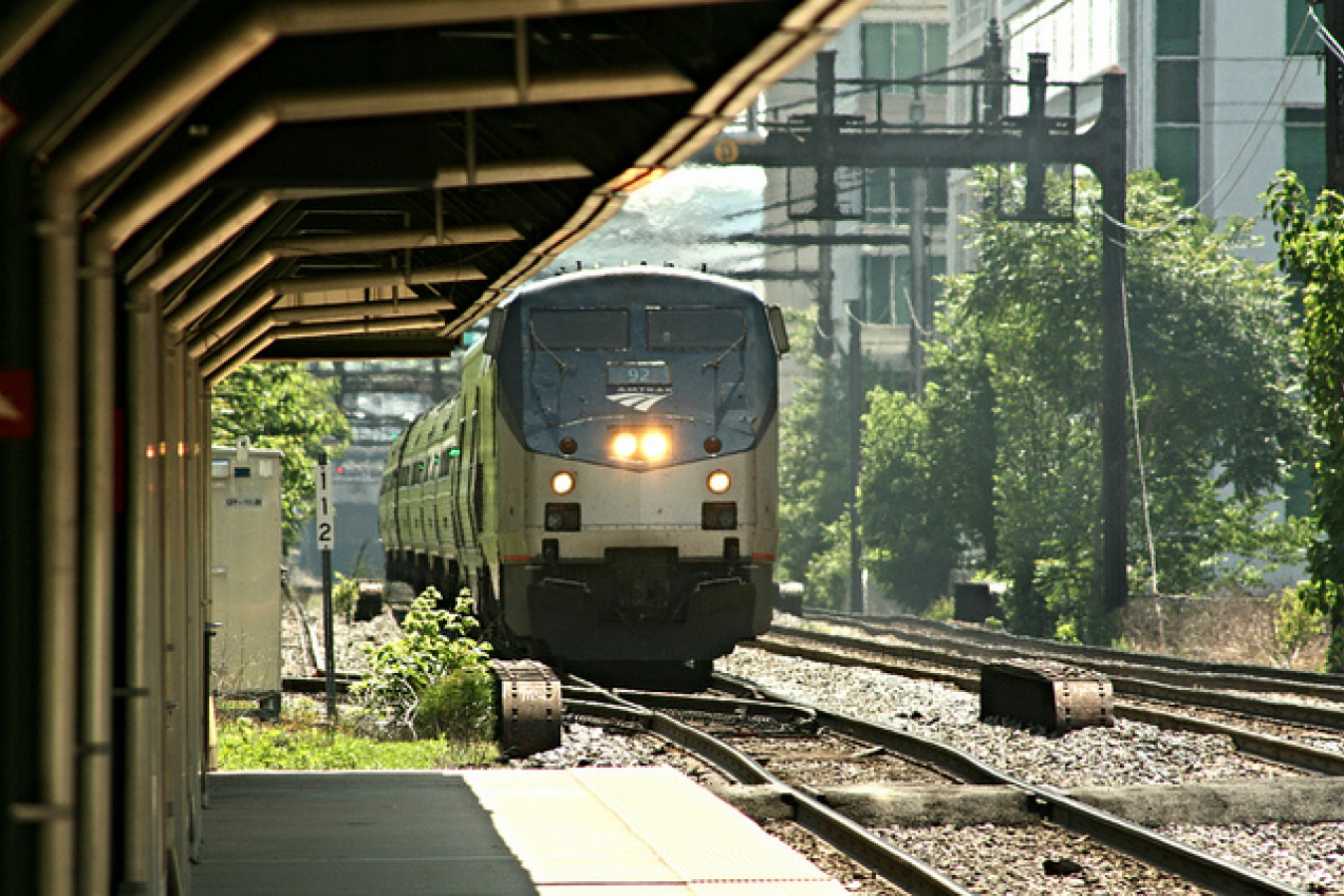The L-1B visa is a non-immigrant visa for entry of 'specialized knowledge staff'. It is valid initially for a period of up to three years and may be extended for a total period of five years. After that, the holder may re-apply, but to do so must have been employed outside of the United States for at least one year. There may also be an option to come under another US non-immigrant visa category.
Due to the high refusal rate for L-1B visas employers and overseas workers should, if they can, seriously consider applying for an L-1A Manager/Executive visa. Whilst also difficult to obtain the refusal rate tends to be much lower.
According to US immigration law an applicant with specialized knowledge is someone who, 'possesses specialized knowledge of the organization's product, service, research, equipment, techniques, management, or other interests and its application in international markets, or an advanced level of knowledge or expertise in the organization's processes and procedures.' In practice it can be difficult to show that the employee meets these requirements. The L-1B visa refusal rate is very high.
The USCIS itself has confirmed that denial rates have been increasing year-on-year. The need to provide guidance to officers adjudicating L-1B applications, led to the publication of a final Policy Memorandum (PM-602-0111) which takes effect from 31 August 2015.
USCIS Officers make decisions on cases individually and based on, 'a preponderance of the evidence that the beneficiary has specialized knowledge under the totality of the circumstances'.
In determining whether "specialized knowledge or an advanced level of knowledge" has been established, the words 'special' and 'advanced' according to the L-1B memorandum should be given their common dictionary definitions. So, using the Merriam-Webster Dictionary, 'special' is seen as 'surpassing the usual', and 'advanced' as 'greatly developed beyond an initial stage.'
Determining whether an applicant does in fact possess special or advanced knowledge, the US employer must show that the employee's knowledge is not commonly held in their organization. This involves comparing the employee's knowledge with that of others in the industry. Yet it is possible to prove a person has specialized knowledge by showing their knowledge or expertise to be greatly developed or more complex than others' knowledge.
The Memorandum suggests that petitioners provide evidence in support of an L-1B application, that:
- their specialized knowledge cannot be easily passed to others, or not without significant cost or inconvenience to the employer;
- applicants do not need to prove that their specialized knowledge is unique to their employer, though evidence to that effect may be provided;
- it is not necessary to look into the availability of workers within the U.S. labour market, in order to make a finding that knowledge is not commonly held;
- comparisons with the applicant's colleagues may be useful, but it is not required to find that the employee is the only one within the organisation with that specialized knowledge;
- the focus is on the applicant's knowledge rather than their rank or status within the petitioning organization or employer, and
- being eligible for other categories of non-immigrant visa does not bar the petitioner from applying for an L-1B visa.
It remains to be seen what will happen after the L-1B visa memorandum is introduced. It is uncertain whether the memorandum will make much difference. Companies may be best advised to avoid applying for the L-1B visa if at all possible.
Workpermit.com can help with L-1, E-1, E-2 Visas and other types of US Visas
For more information, or to find out if you are eligible for an US work visa contact WorkPermit.com on 0344 991 9222.




